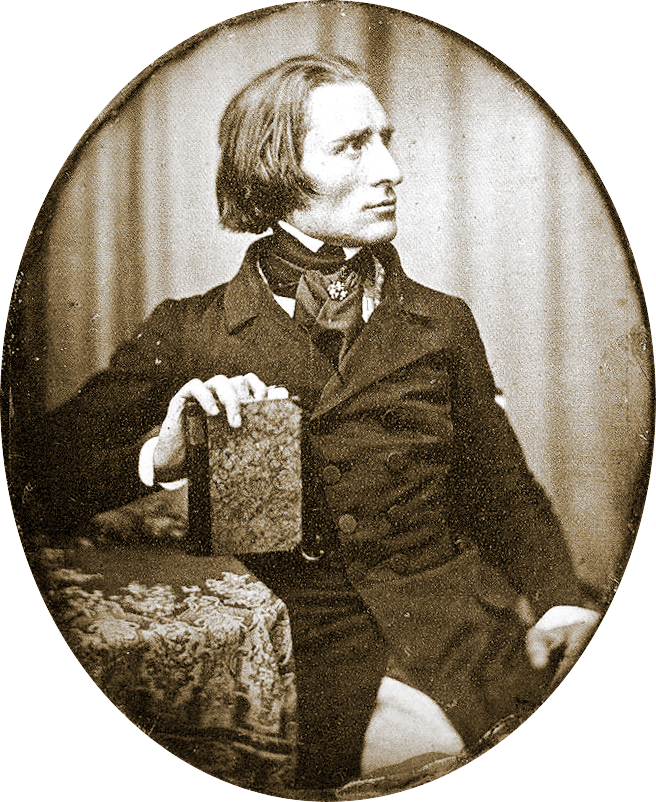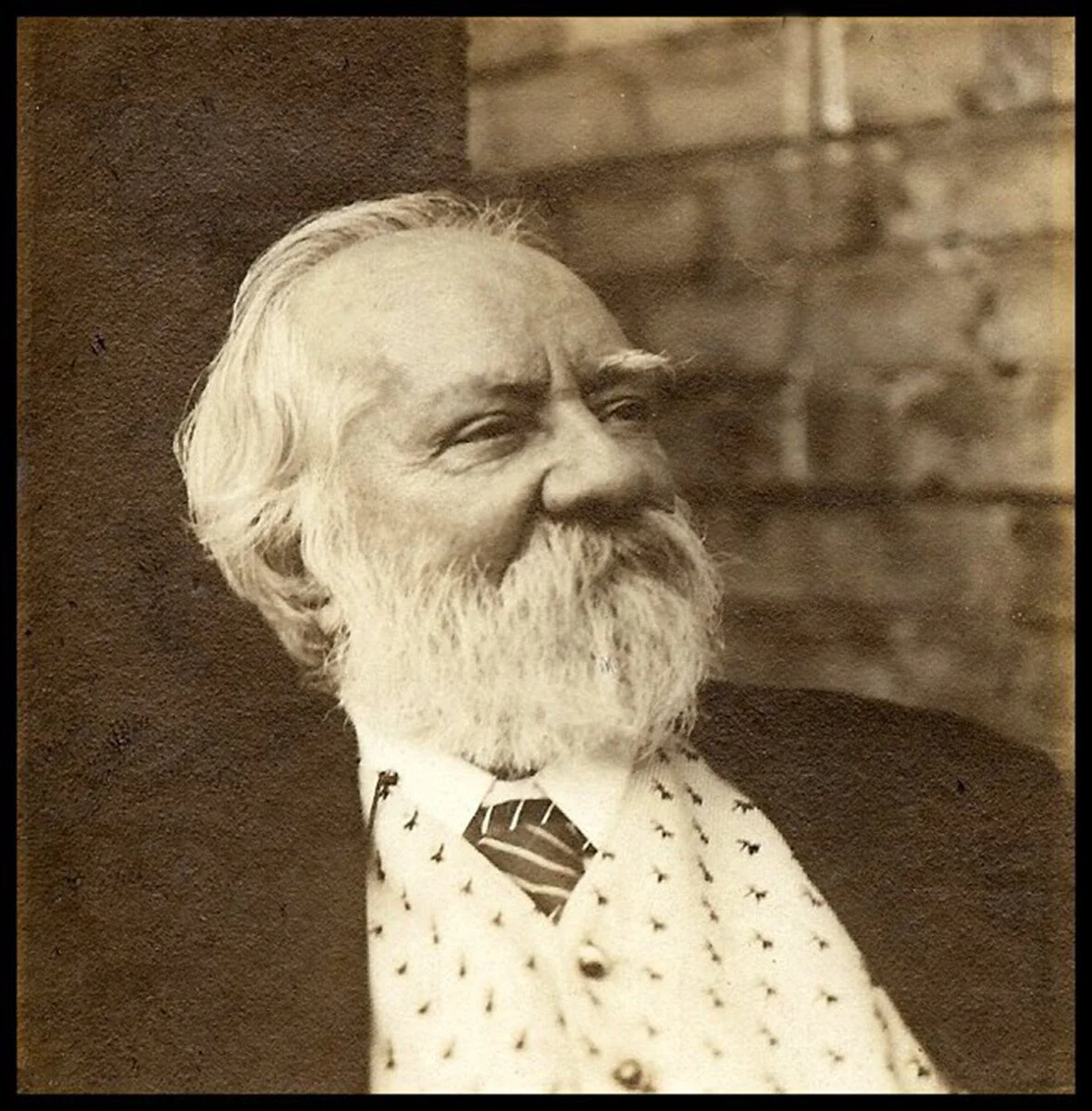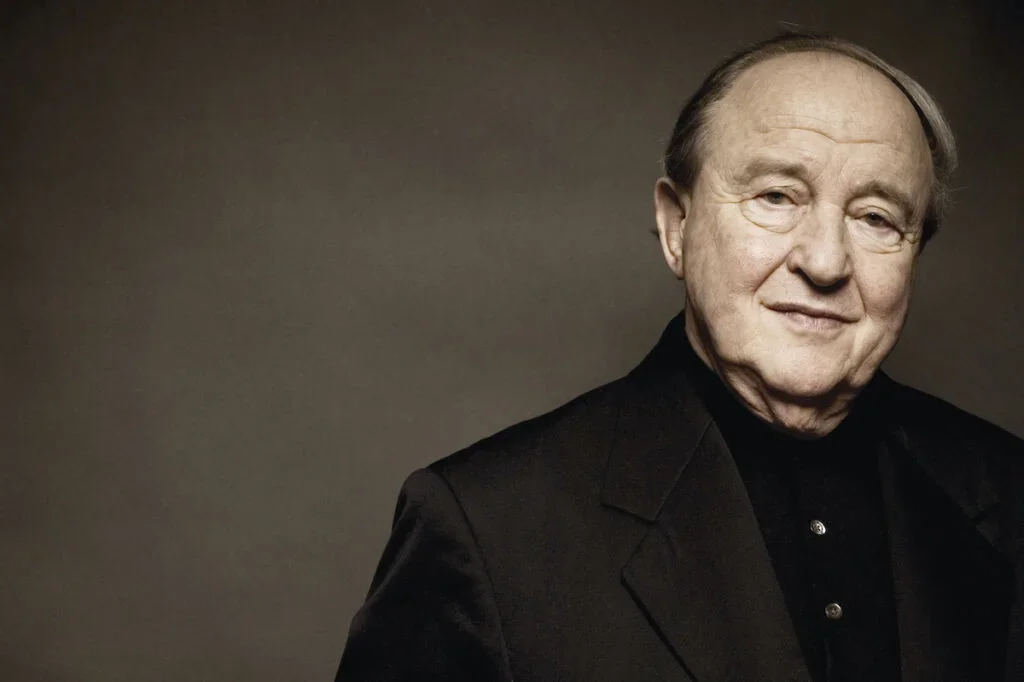Lineage
-

Ludwig Van Beethoven
It all begins with an idea. Maybe you want to launch a business. Maybe you want to turn a hobby into something more. Or maybe you have a creative project to share with the world. Whatever it is, the way you tell your story online can make all the difference.
-

Carl Czerny
Carl Czerny (pronounced: CHUR-nee) was one of the most influential piano teachers in history, known for transforming Beethoven’s technical and musical principles into a clear, structured system of training. A prodigy who studied directly with Beethoven, Czerny absorbed his teacher’s emphasis on precision, relaxed technique, expressive tone, and disciplined practice—and then organized those ideas into the progressive etudes and method books still used by pianists around the world. His works remain the bridge between beginning study and advanced repertoire, training the hands, ears, and musical mind simultaneously.
-

Franz Liszt
Franz Liszt, one of the greatest virtuosos in history, was a direct student of Carl Czerny and the most visible heir of the Beethoven–Czerny lineage. Under Czerny’s instruction, Liszt refined the extraordinary technique, velocity, and expressive power that later redefined piano performance and composition. Liszt carried Czerny’s method forward onto the concert stage, demonstrating that disciplined technical training was not merely mechanical but the foundation of true artistic freedom. Through his own students and his legendary masterclasses, Liszt extended the Czerny tradition into the modern era of pianism.
-

Theodor Leschetizky
Theodor Leschetizky (pronounced: lesh-eh-CHIT-skee) was one of the great pianists and teachers of the late Romantic era, linking modern piano technique directly to the classical lineage of Beethoven through Czerny and Liszt. A student of Carl Czerny—Beethoven’s own pupil—Leschetizky inherited a tradition rooted in clarity, tone control, and expressive phrasing, which he refined into a more flexible, virtuosic approach suited to the concert halls of his age. As a pedagogue in Vienna and later St. Petersburg, he trained over a thousand pianists, including Ignacy Jan Paderewski, Artur Schnabel, and Ossip Gabrilowitsch, shaping the interpretive ideals that still define twentieth-century pianism.
-

Ferruccio Busoni
Ferruccio Busoni (1866–1924) was a visionary pianist, composer, and thinker whose art bridged the Romantic and modern eras. A disciple of Liszt’s circle, Busoni fused the virtuosity and tonal grandeur of the 19th century with a forward-looking intellect that sought the “music of the future.” His teaching emphasized architectural clarity, balance of intellect and emotion, and absolute command of tone.
-

Egon Petri
Egon Petri (1881–1962), Busoni’s foremost pupil, carried that legacy into the 20th century with rare integrity and depth. Renowned for his interpretations of Bach, Beethoven, and Busoni, Petri trained a generation of pianists—including Menahem Pressler—in the ideals of structural insight, effortless technique, and reverence for the inner logic of the score.
-

Menahem Pressler
Menahem Pressler (1923–2023) was a revered pianist and teacher whose artistry traced directly back to the great Romantic lineage of Leschetizky, Czerny, Liszt, and Beethoven. Born in Germany and later founding pianist of the infamous Beaux Arts Trio, Pressler embodied a lineage of musical thought emphasizing tonal beauty, clarity of phrase, and moral depth in interpretation. A student of Leschetizky and Egon Petri— Petri himself a pupil of Busoni and Liszt’s circle—Pressler inherited and passed on this tradition with quiet authority, shaping generations of pianists through his long tenure at Indiana University. His performances were known for luminous sound, structural insight, and a deep sense of human tenderness.
-
Harry Coleman
Harry Coleman is an accomplished pianist and pedagogue whose teaching lineage traces directly to Beethoven through his teacher Menahem Pressler, the legendary founder of the Beaux Arts Trio and longtime professor at Indiana University. A Doctor of Music in Piano Performance from Indiana University Bloomington, Coleman studied under Pressler during the 1970s, absorbing his mentor’s refined approach to tone, phrasing, and structural clarity. After returning to Pittsburgh, he founded Coleman Piano Studios, where he has guided generations of students, including Blake Ragghianti, with a balance of technical discipline and musical imagination. His playing—rooted in the great Beethoven-Czerny-Liszt-Busoni-Petri-Pressler tradition—reflects a deep commitment to the expressive and spiritual possibilities of the piano.